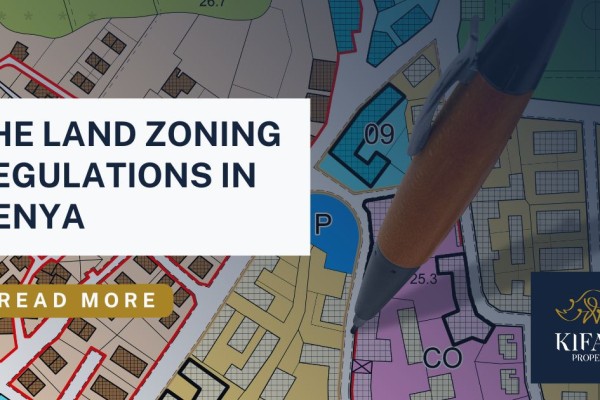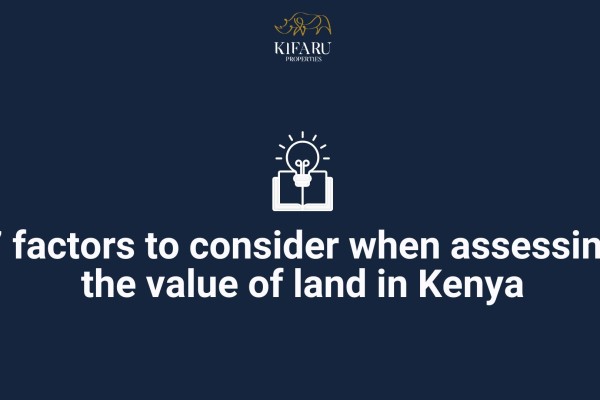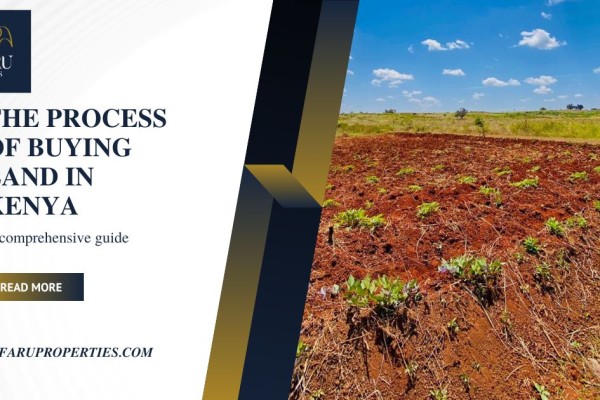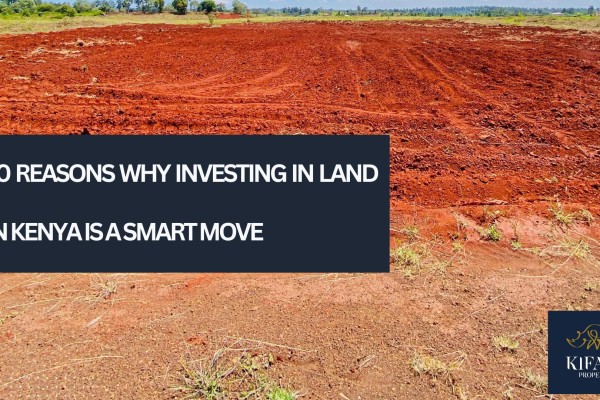- May 08, 2025
- Kifaru Meadows
- 161
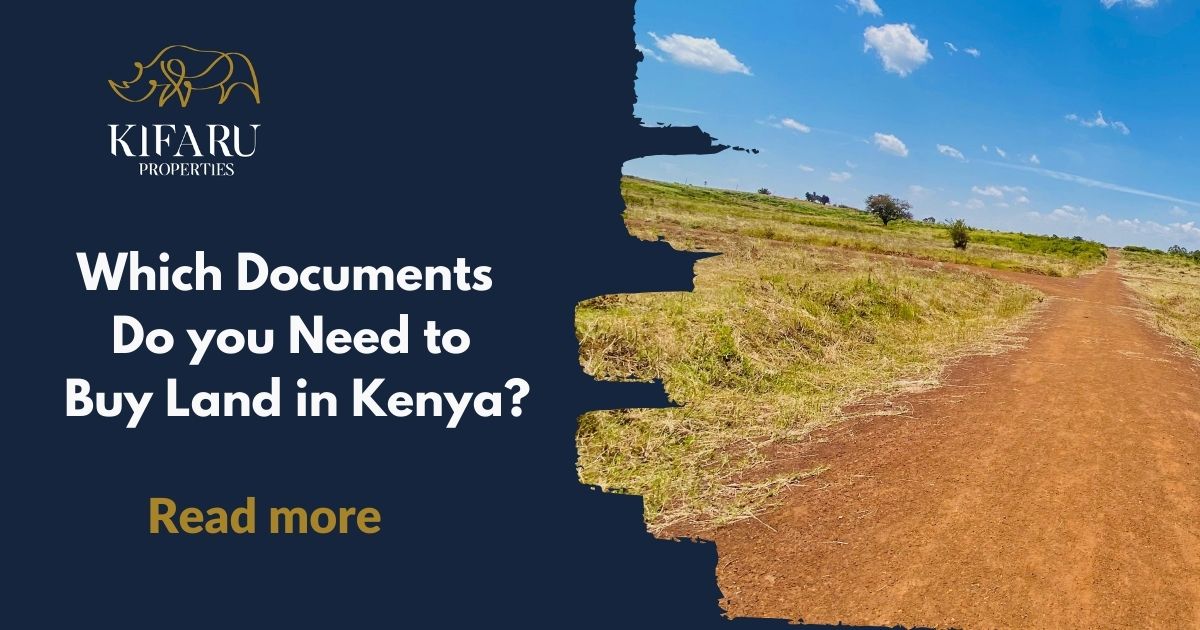
If you're planning to purchase land, here's a clear guide on the key documents you’ll need to complete the process safely and successfully.
1. Copy of the Title Deed
This is the most important document when buying land in Kenya. The seller must provide a copy of the title deed to prove ownership. As a buyer, you should take this copy to the Ministry of Lands or use the Ardhisasa platform (for Nairobi properties) to do aland searchand confirm that:
- The seller is the legal owner
- The land is not charged, disputed, or under caution
- The land size and location match what is being offered
2. Land Search Results
After conducting the land search, you’ll get a certified search document. This confirms who owns the land and whether there are any encumbrances (such as loans, disputes, or caveats) attached to it. Always make sure the search is recent no older than six months before proceeding.
3. Sale Agreement
Once both parties agree on the price and terms, aland sale agreementis drafted. This is a legal document signed by both the buyer and seller (often with a lawyer present). It outlines:
- The agreed purchase price
- Payment schedule (deposit and balance)
- The land details (location, title number, size)
- Obligations of both parties
This document is important in case of future disputes and must be properly signed and witnessed.
4. KRA PIN Certificates (Buyer and Seller)
The Kenya Revenue Authority (KRA) PIN is required for land transactions since tax (stamp duty) is involved. Both the buyer and seller must provide valid KRA PINs during the transfer process.
5. National ID and Passport Photos
A copy of the national ID and recent passport-size photo is needed for both the buyer and the seller. These help verify identity during the transfer process at the Ministry of Lands.
6. Consent to Transfer (for leasehold land)
If the land isleasehold(common in urban areas), you’ll need a "Consent to Transfer" from the Commissioner of Lands or relevant authority. This allows the legal transfer of land from the seller to the buyer.
7. Stamp Duty Payment Receipt
Before the title can be transferred, the buyer must paystamp duty(typically 4% of the land's value in urban areas and 2% in rural areas). Once paid, a receipt is issued as proof.
8. Transfer Documents
These include a signed transfer form, consent documents, land rent clearance, and rates clearance certificates (for urban land). They are submitted to the land office to register the new owner.
Final Word
Buying land in Kenya can be smooth and secure if you follow the correct legal process. Always work with a qualified lawyer or land expert, and take time to verify every document. Doing so protects your investment and ensures you become a proud landowner with peace of mind.
